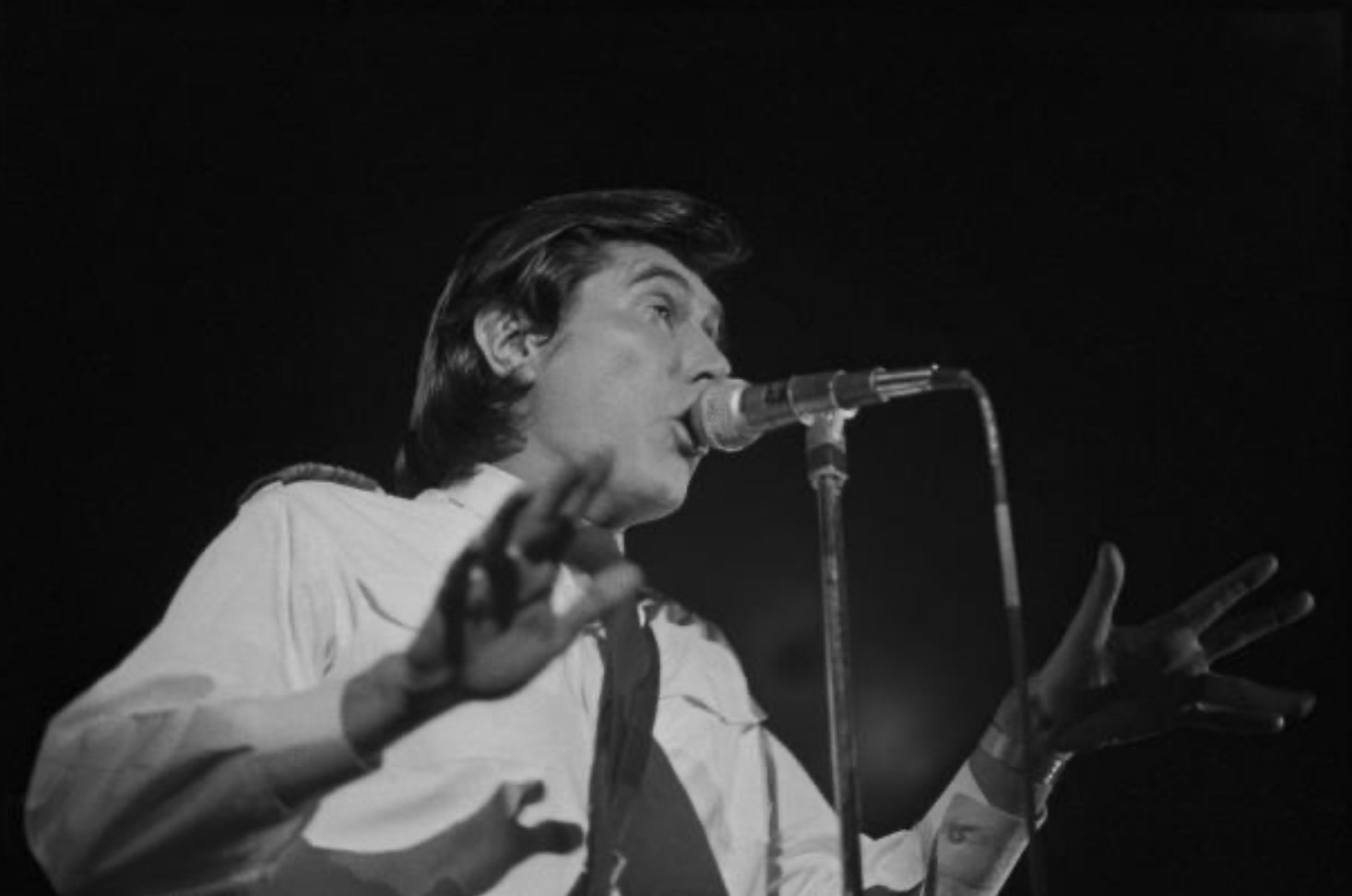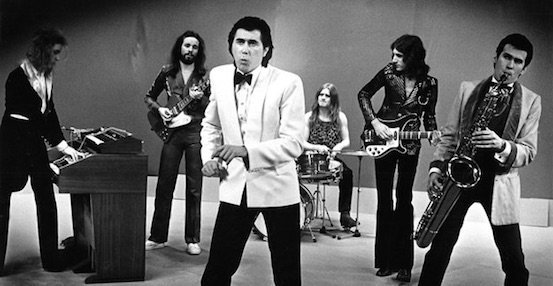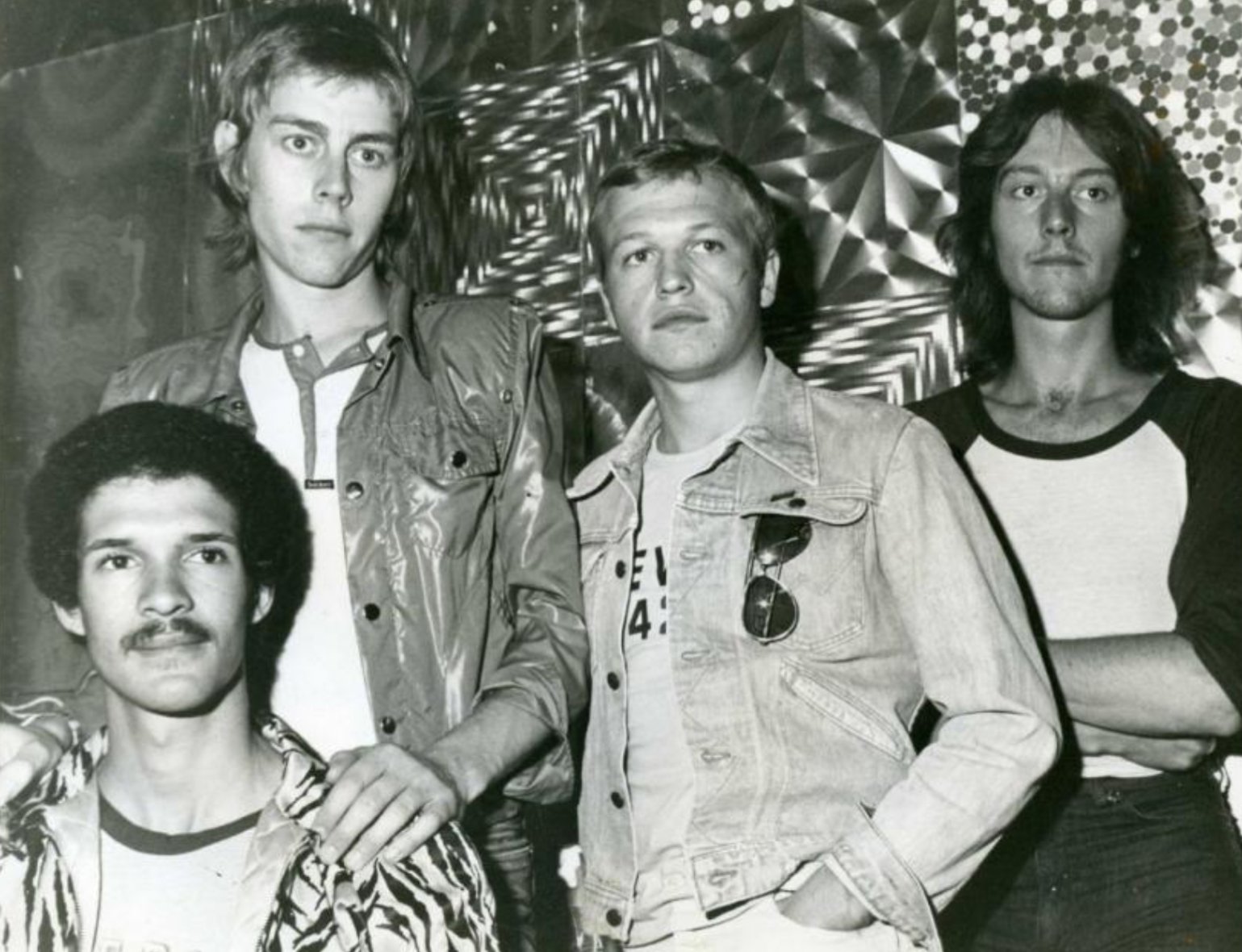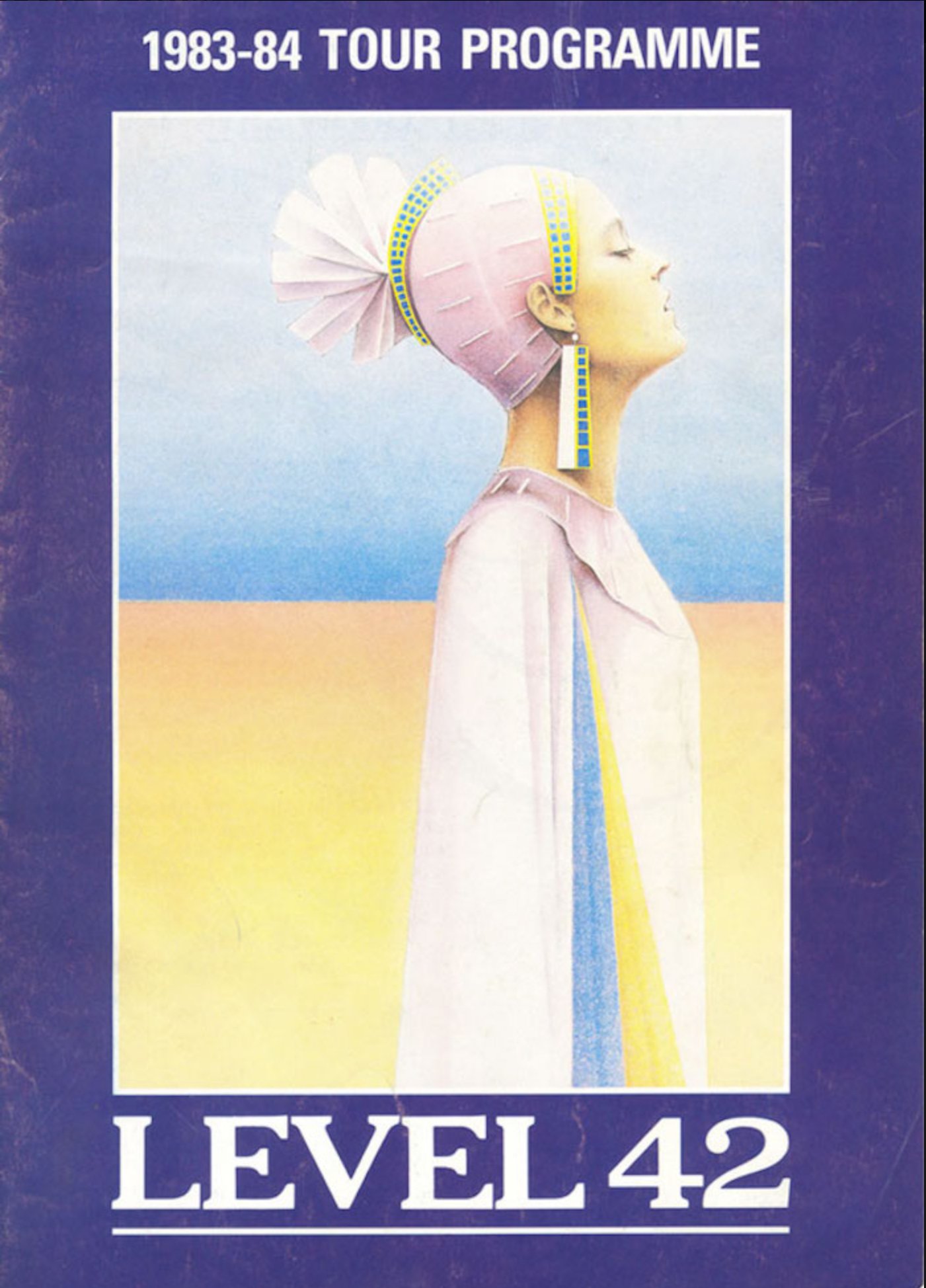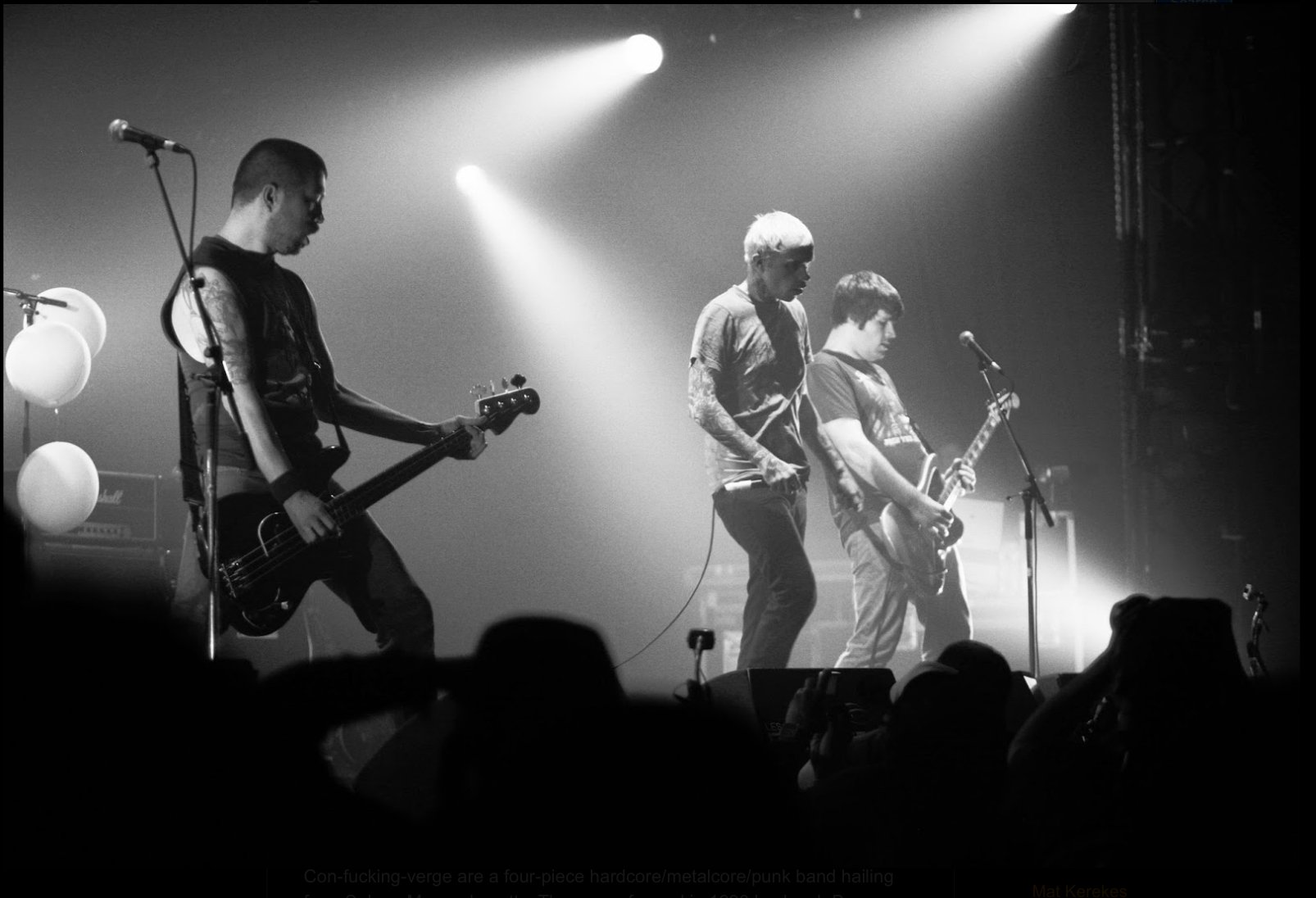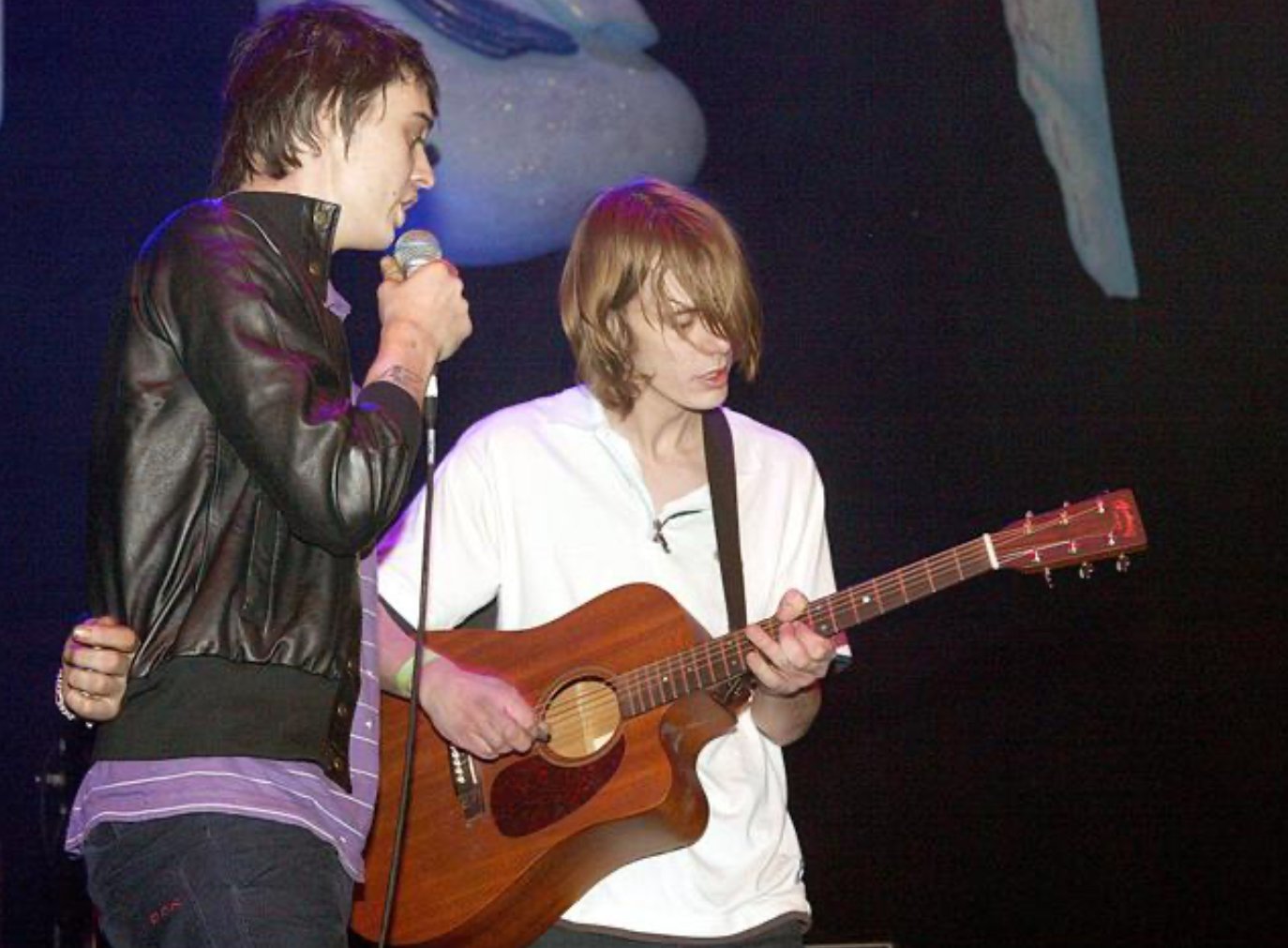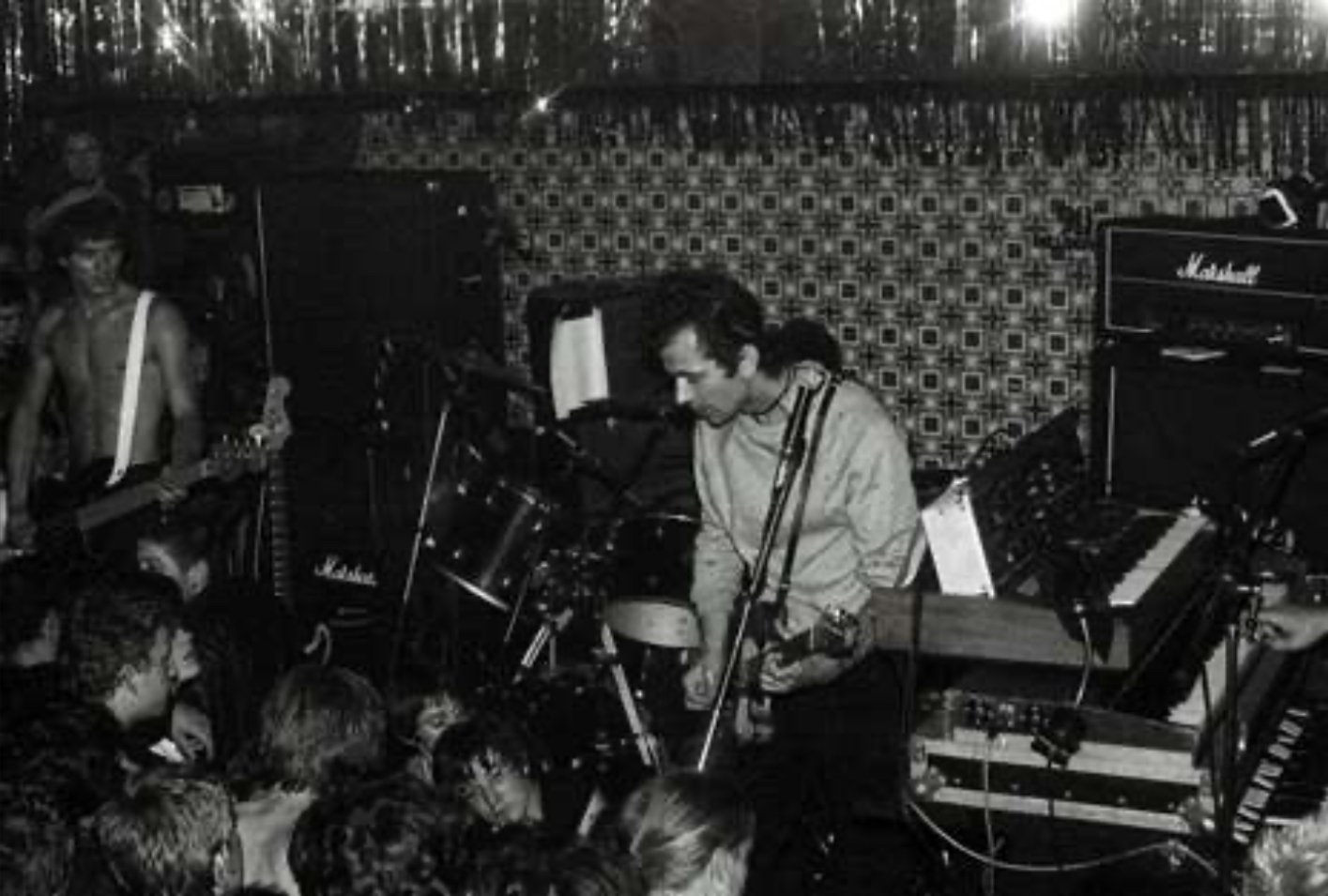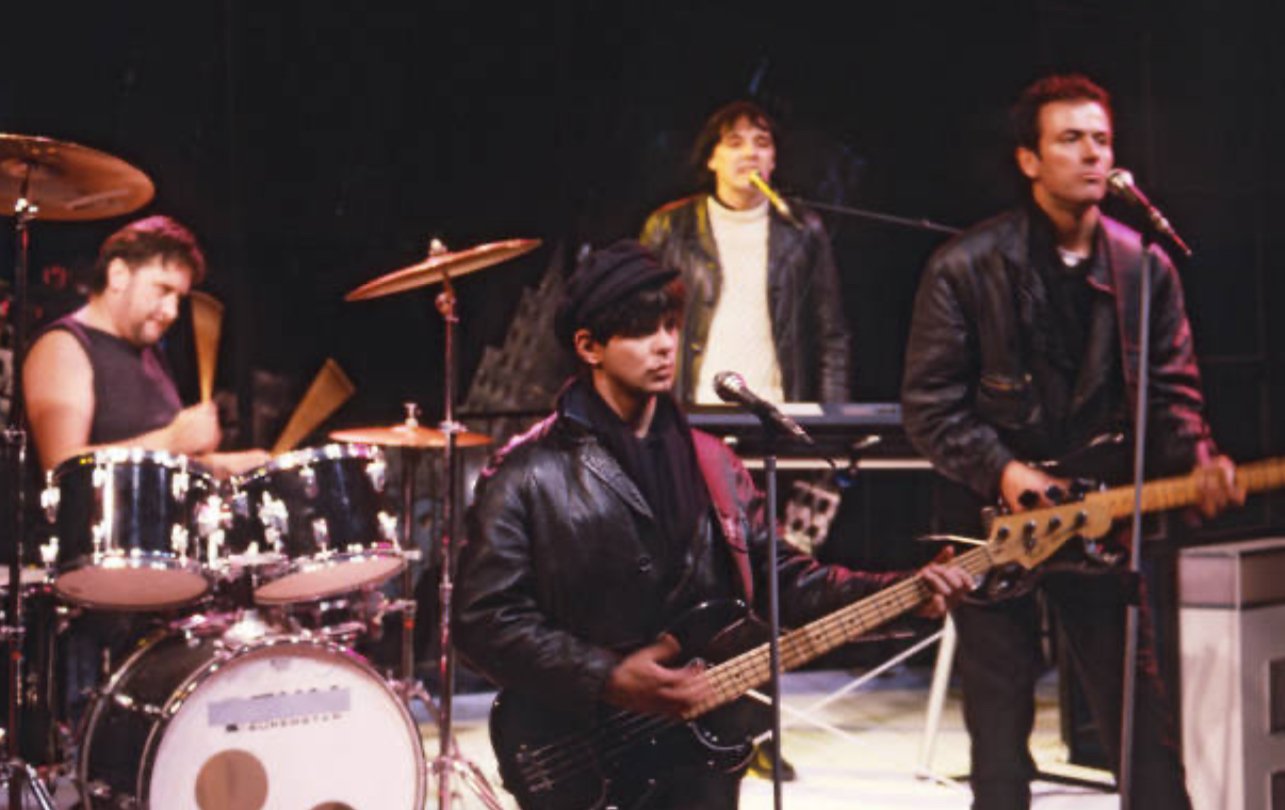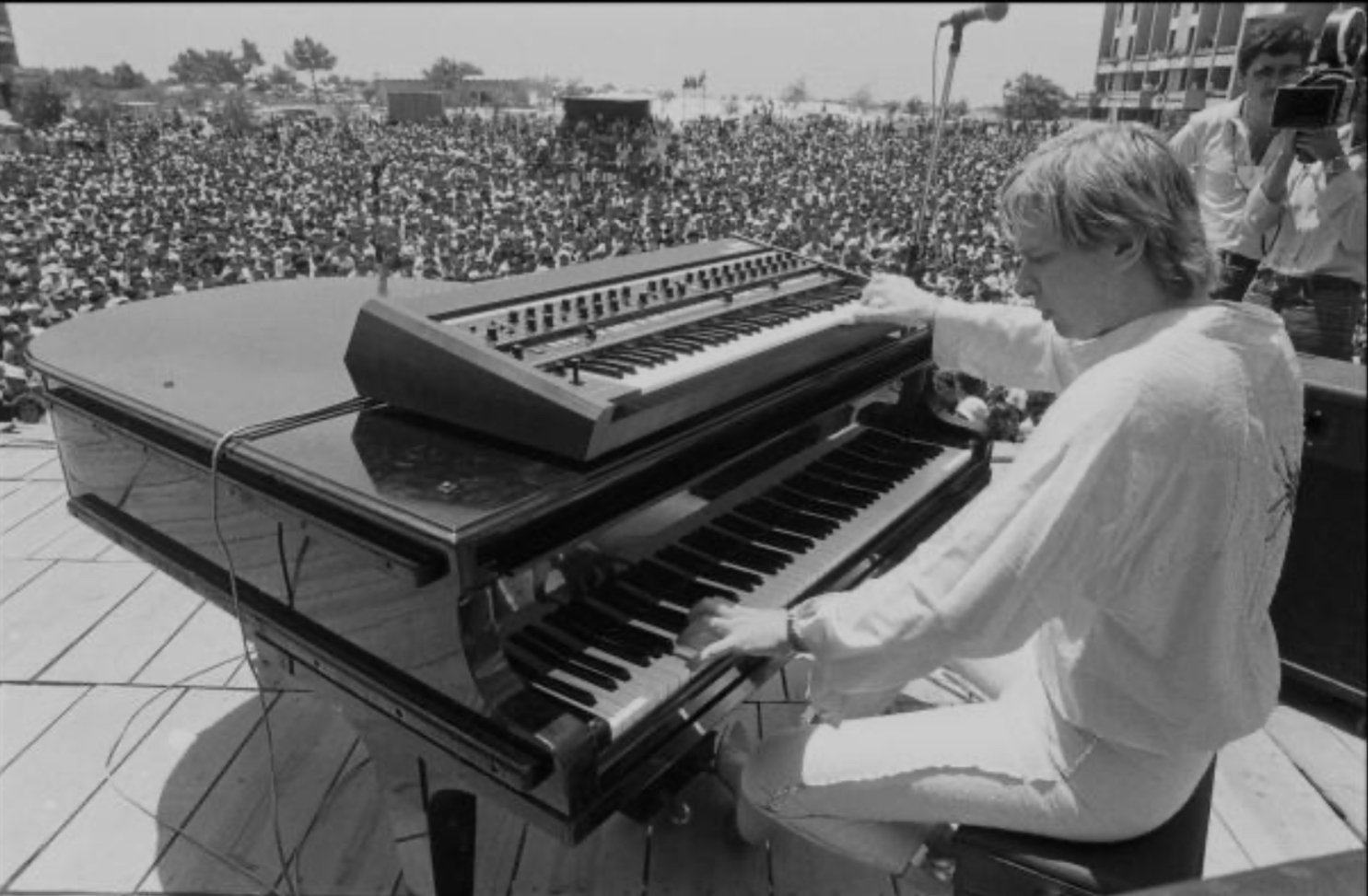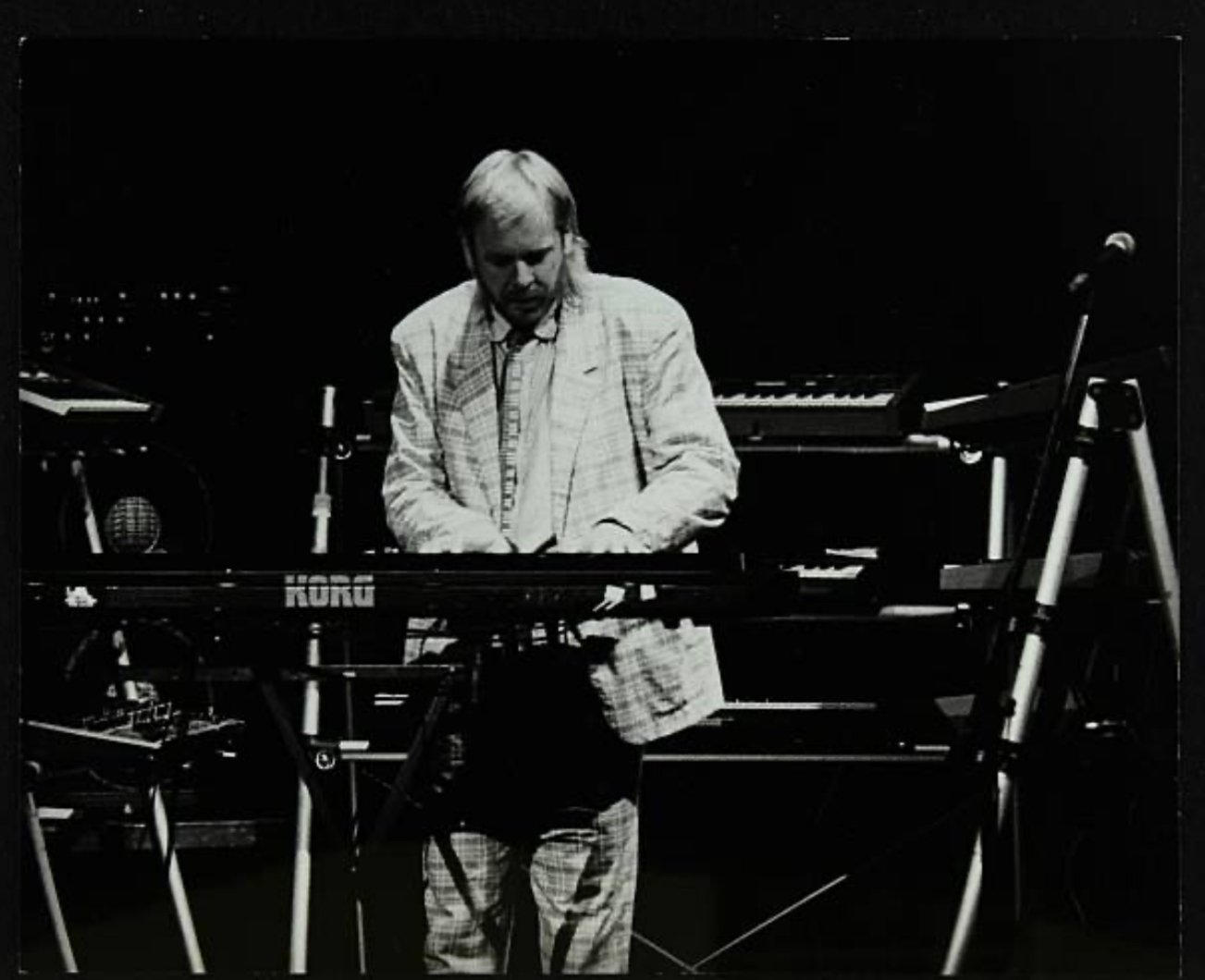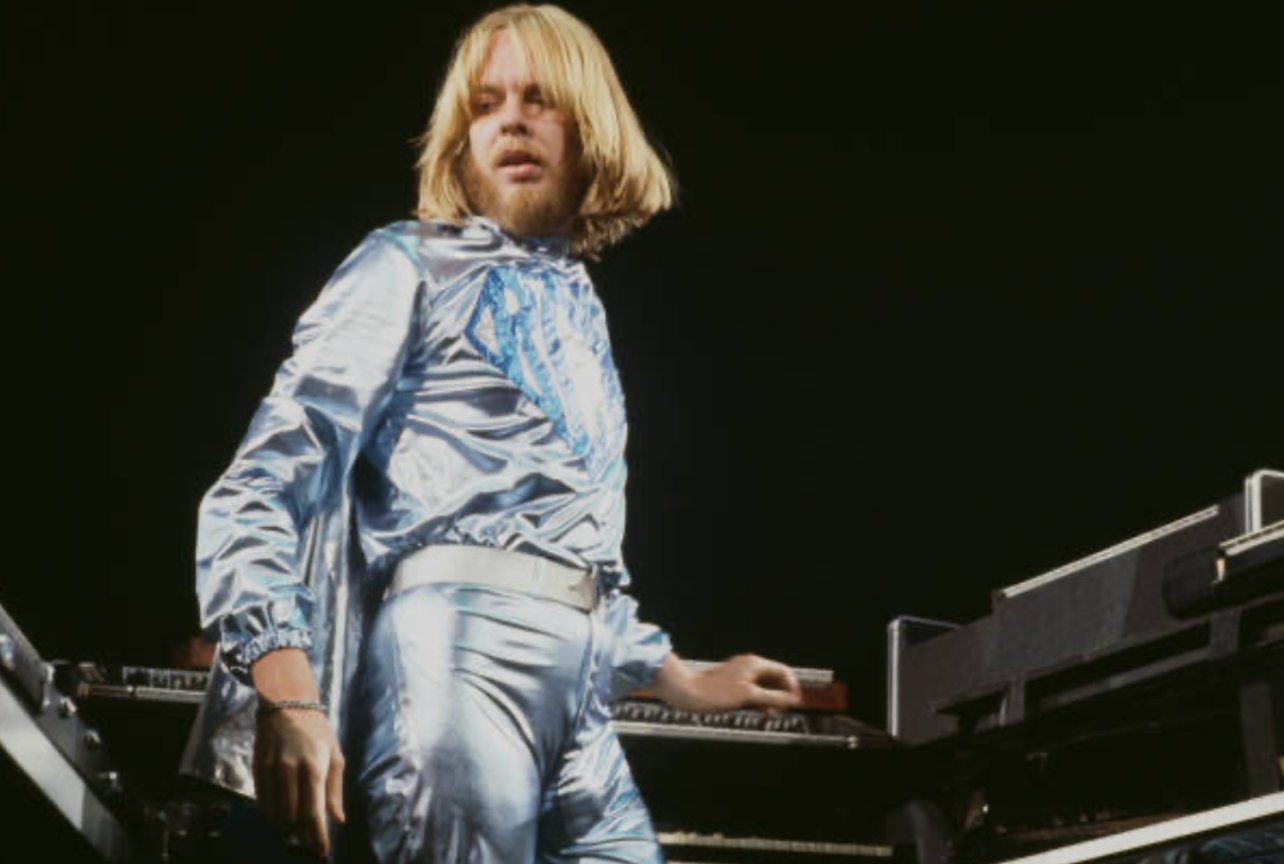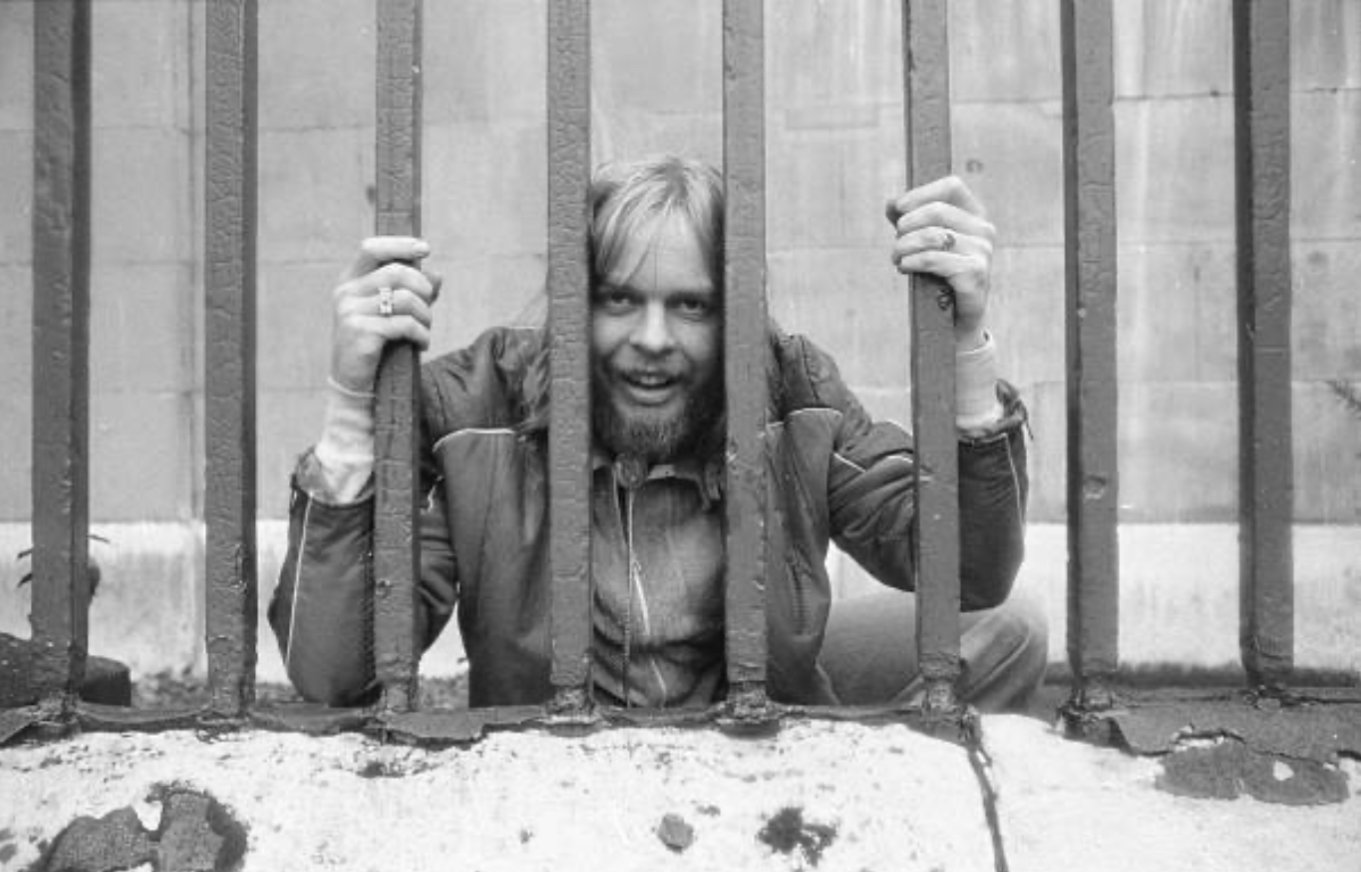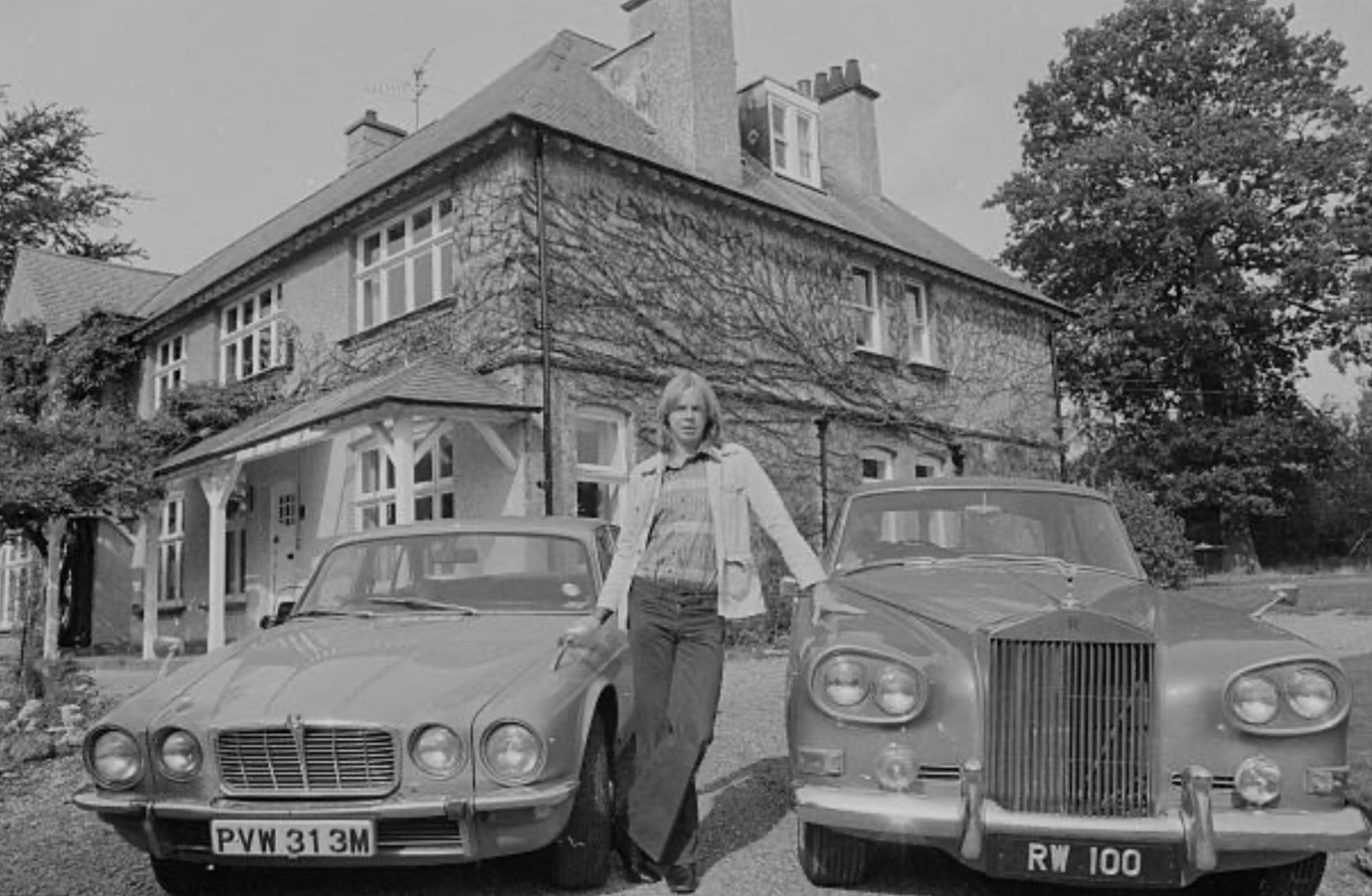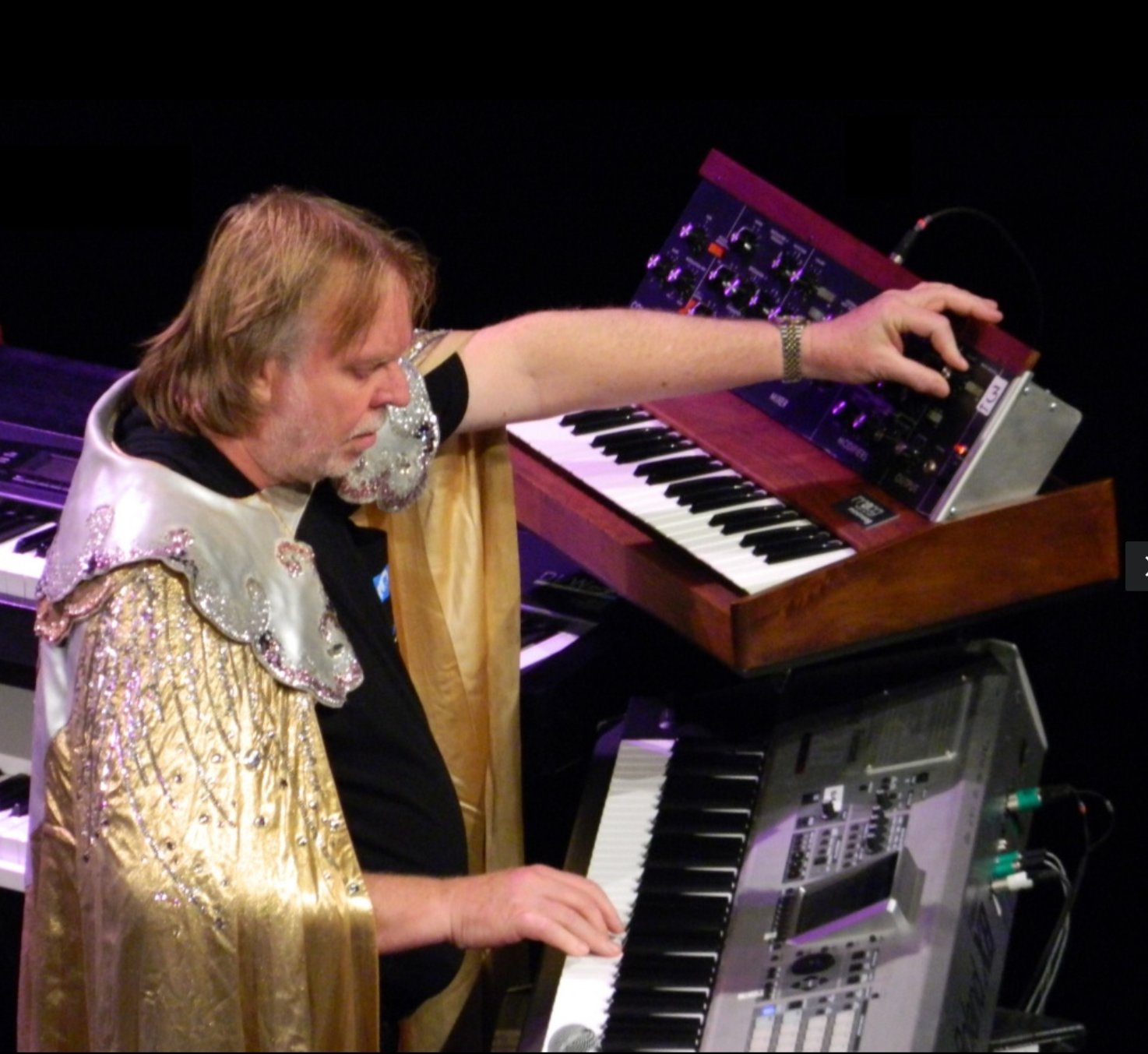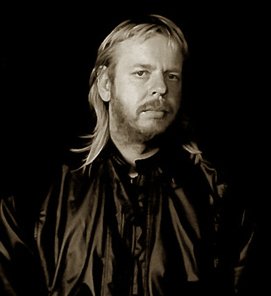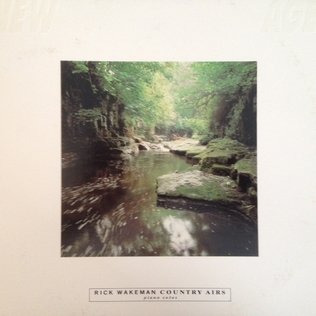On this day, 22 September 1974, pioneering art rock band Roxy Music played the last of two nights at Cardiff’s Capitol Theatre. Support was provided by the Jess Roden band.
The tour took them around Europe, Australia and USA where they were seen on USA TV's Midnight Special perfroming 'A Really Good Time' & 'Out Of The Blue'.
The band were about to release their fourth studio album Country Life, which peaked at number three on the UK albums chart.and was the first Roxy Music album to enter the US Top 40, albeit at No. 37.
Country Life was met with widespread critical acclaim, with Rolling Stone referring to it "as if Ferry ran a cabaret for psychotics, featuring chanteurs in a state of shock".
The cover image was controversial in some countries, including the United States and Spain, where it was censored for release. As a result, early releases in the US were packaged in opaque shrink wrap; a later American LP release of Country Life (available during the years 1975–80) featured a different cover shot. Instead of Karoli and Grunwald posed in front of some trees, the reissue used a photo from the album's back cover that featured only the trees. In Australia, the album was banned in some record stores, while others sold each copy inside a black plastic sleeve.
Author Michael Ochs has described the result as the "most complete cover-up in rock history".
Jim Miller, in a 1975 review for Rolling Stone, wrote that "Stranded and Country Life together mark the zenith of contemporary British art rock."
Tour Musicians
Bryan Ferry - Vocals & Keyboards
Phil Manzanera - Guitars
Andy Mackay - Sax & Oboe
Paul Thompson - Drums
Eddie Jobson - Violin & Keyboards
John Wetton - Bass


